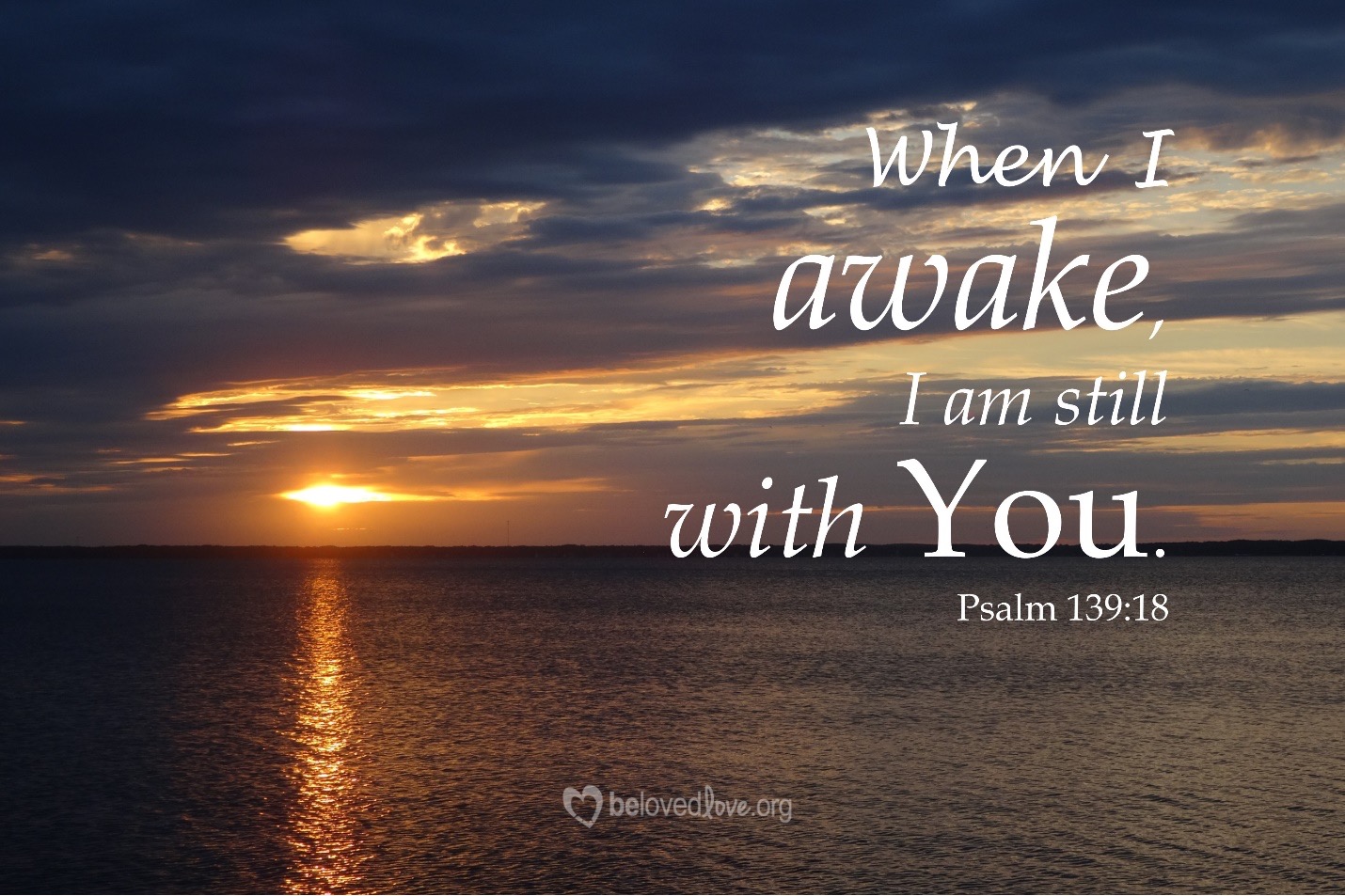

Since the human race fell into sin, that kind of total intimacy has been threatening to every person. Your first reaction to that thought is probably, “Where can I run to hide?” It seems to have been David’s thought (v. But, as Jeremiah 17:9 says, “The heart is more deceitful than all else and is desperately wicked who can understand it?” We can’t know our own motives and inner drives apart from God’s revealing it to us through His Word. Life is a process of coming to know ourselves. In fact, we can’t even know ourselves thoroughly.

Even the closest human relationships fall short of total knowledge. But even so, you can be married for years and still discover new things about your mate. The Bible uses the verb “to know” to describe the sexual relationship in marriage (Gen. As a man and woman live together in that lifelong commitment, they grow to know one another’s actions, words, and-to the degree that they openly communicate-thoughts and feelings. The closest we can get to knowing another human being ought to take place in the marriage relationship.

6): “Such knowledge is too wonderful for me it is too high, I cannot attain to it.” There is no escape from His thorough, penetrating knowledge. Like a caged bird, He’s got me surrounded, with His hand upon me (v. 4)! He even knows my thoughts from afar (v. He is intimately acquainted with all my ways! He knows my words: in fact, He even knows what I am going to say before I say it (v. 2) when I go somewhere and when I lie down (v. God knows absolutely everything about me! He knows my a c tions: When I sit down and when I get up (v. I can’t escape God’s knowledge of me (139:1-6). 19-24) sets forth the inescapable response to the inescapable God: personal holiness.ġ.

7-12) and, His omnipotence as the sovereign Creator (vv. The first three deal with different attributes of this inescapable God as they relate to the individual: His omniscience (vv. Since I cannot escape from God, I must commit myself to holiness. Thus I want to express its main message and points in the first person singular: It’s not a generic psalm it’s intensely personal, between David and God (note the frequent “I” & “me”). That is the message of the beautifully-crafted Psalm 139. Since we cannot escape from this all-knowing, all-present, all-wise Creator, we cannot escape from the need for holiness. In the blinding light of His holiness, we recognize instantly the desperate need we have for inner purity. In coming to know Him, we come to know ourselves. With David we must exclaim, “How precious also are Your thoughts to me, O God!” (v. He formed us even in our mother’s womb for His purpose and ordained all of our days before we ever saw the light of day. Happily, once we give up our flight and allow ourselves to be found by this relentless “Hound of Heaven” (as Francis Thompson described Him in his poem), we discover that His intention is not to harm but to bless us. If we manage to dodge Him in this life, we must still stand exposed before Him on that fearful day of judgment. Like fugitives, we may run, but we cannot ultimately hide from the God who penetrates even the darkness with the gaze of His light. One of the greatest truths in life which we all know, but which we all must come to learn, is that there is no escape from God.


 0 kommentar(er)
0 kommentar(er)
